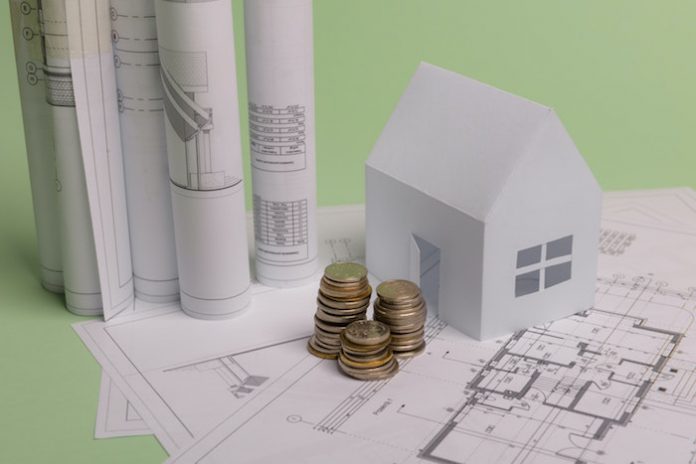ADUs go by many names and come in a variety of configurations, but the long and the short of it is that they represent a means of property owners adding a small-scale living space to their existing premises, which can be rented out to generate income.
This could be an appealing prospect for many people who want to make a little extra cash to cover mortgage costs or to bolster their savings. However, it is also important to consider the potential pitfalls involved with using an ADU in this way, so here is a quick rundown of the main talking points.
Cost considerations
In most cases, you will need to pay for the construction of the ADU, the cost of which could vary wildly depending on its size, location and features. You can read more about ADU in this article to get an overview of all the options you have, ranging from units that are directly linked to your home to those that are built separately on another part of your property.
The reason that cost is relevant is because you will of course need to factor this into your calculations and work out how much you can justify spending on construction to ensure you get a good return for your investment.
This must also be assessed in the context of the wider rental market in your area, as there is no point splashing out on a state-of-the-art ADU if you will not be able to command a decent monthly payment from prospective tenants.
Tax implications
Any income you earn from the renting of an ADU needs to be declared, as failing to do so could lead to serious repercussions further down the line.
The IRS provides tips on how to handle rental income, including the deductions that you can make as the owner of a rental property. For example, while you cannot deduct any expenses incurred for improvements you make to the ADU, you can make claims for general maintenance costs that are essential.
Wrangling taxes can be complicated for non-experts, so it is definitely worth procuring the services of a qualified accountant if you want to rent out an ADU and earn extra income without constantly worrying about whether or not an unexpected audit will turn up any discrepancies that leave you in hot water.
Tenant relationship management
If running an ADU as a rental property makes financial sense for you and you are on top of the taxation implications it brings with it, the final thing to think about is how you find, vet, and manage your domestic life in close proximity to tenants.
It makes sense to try and find people who you think will fit in well with your lifestyle, since of course unlike most landlord-tenant relationships, they will actually be sharing part of the same property with you, even if this is only for access purposes.
You also need to be up to speed on your rights as the owner, as well as the rights that tenants have while under your roof. These vary from state to state, and cover everything from maximum deposit requirements to eviction proceedings and beyond, so being in the loop on all issues that may become relevant in the future is a good way of avoiding confusion and conflict.
Earning extra income with an ADU is not going to be for everyone, but if it suits you then the rewards could be significant. Therefore, consider all the variables carefully, then go ahead if you feel comfortable and confident.
Find a Home-Based Business to Start-Up >>> Hundreds of Business Listings.

















































